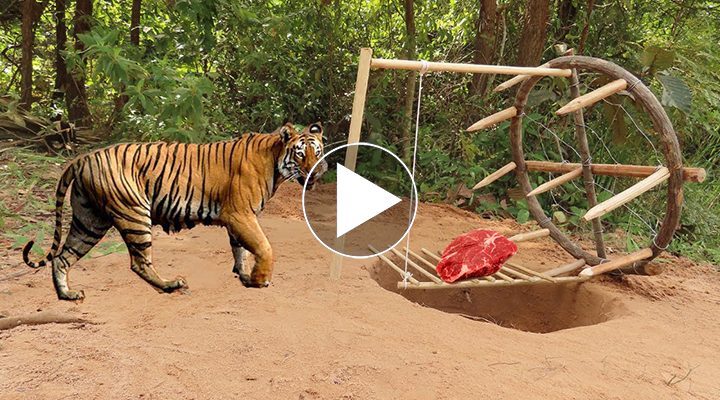The Art of the Tiger Trap: Harnessing Creativity with Deep Holes
In hunting and wildlife management, traps have been used for centuries to capture animals for research, control populations, or protect crops. Among these, the tiger trap stands out due to its ingenious design and effectiveness. The first creative method of the tiger trap, utilizing deep holes, is a testament to humanity’s ability to adapt to and manipulate nature in a way that is both practical and fascinating.
Understanding the Tiger Trap
The tiger trap, primarily known in the context of capturing large and elusive predators like tigers, is typically designed to exploit the animal’s natural behaviors and instincts. Unlike conventional traps that may rely on bait or snares, the deep hole method utilizes the element of surprise and the animal’s curiosity against it.
The Mechanics of the Deep Hole Trap
The core concept behind the deep hole tiger trap is deceptively simple. It involves excavating a deep pit in the ground, camouflaging it with foliage, and strategically placing it along known tiger paths.
